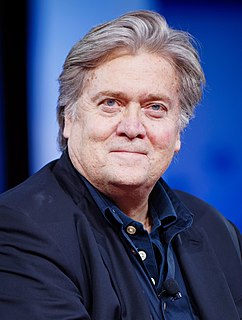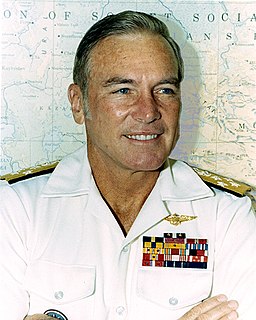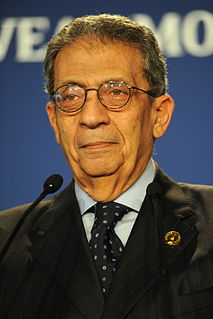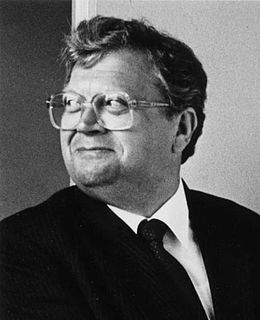A Quote by Joseph Rotblat
Several studies, and a number of public statements by senior military and political personalities, testify that - except for disputes between the present nuclear states - all military conflicts, as well as threats to peace, can be dealt with using conventional weapons.
Related Quotes
There's no military solution to North Korea's nuclear threats, forget it. Until somebody solves the part of the equation that shows me that ten million people in Seoul don't die in the first 30 minutes from conventional weapons, I don't know what you're talking about, there's no military solution here, they got us.
As a military man who has given half a century of active service I say in all sincerity that the nuclear arms race has no military purpose. Wars cannot be fought with nuclear weapons. Their existence only adds to our perils because of the illusions they have generated. There are powerful voices around the world who still give credence to the old Roman precept - if you desire peace, prepare for war. This is absolute nuclear nonsense.
What is the only provocation that could bring about the use of nuclear weapons? Nuclear weapons. What is the priority target for nuclear weapons? Nuclear weapons. What is the only established defense against nuclear weapons? Nuclear weapons. How do we prevent the use of nuclear weapons? By threatening to use nuclear weapons. And we can't get rid of nuclear weapons, because of nuclear weapons. The intransigence, it seems, is a function of the weapons themselves.
Teller contended, not implausibly, that hydrogen bombs keep the peace, or at least prevent thermonuclear war, because the consequences of warfare between nuclear powers are now too dangerous. We haven't had a nuclear war yet, have we? But all such arguments assume that the nuclear-armed nations are and always will be, without exception, rational actors, and that bouts of anger and revenge and madness will never overtake their leaders (or military and secret police officers in charge of nuclear weapons). In the century of Hitler and Stalin, this seems ingenuous.
On January 20, 2017, Trump will be sworn in as the 45th president of the United States, and he will be given the nuclear codes and the power to launch the U.S. nuclear arsenal, which is comprised of some 7,000 nuclear weapons. A military officer will always be close to Trump, carrying the nuclear codes in a briefcase known as the "football."
One of the greatest concerns that I had when I became President was the vast array of nuclear weapons in the arsenals of the United States and the Soviet Union and a few other countries, and also the great proliferation of conventional weapons, non-nuclear weapons, particularly as a tremendous burden on the economies of developing or very poor countries.
There are some militarists who say: ‘We are not interested in politics but only in the profession of arms.’ It is vital that these simple-minded militarists be made to realize the relationship that exists between politics and military affairs. Military action is a method used to attain a political goal. While military affairs and political affairs are not identical, it is impossible to isolate one from the other.
Basically [United States and France] said "We will use nuclear weapons whenever it suits our purposes to do so." So this expansion of doctrines regarding possible use of nuclear weapons makes them more, you know, sort of, salient and important and so it's increasing the perceived political value of nuclear weapons and therefore causing or contributing to possible proliferation.



































